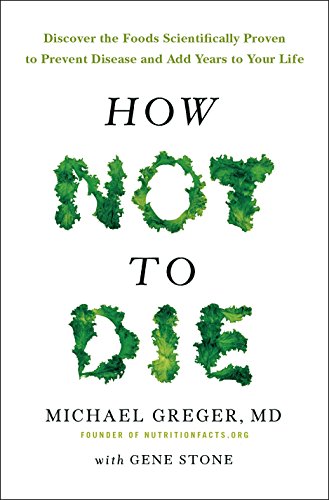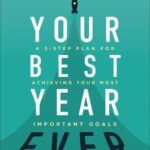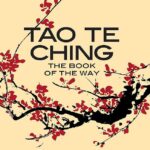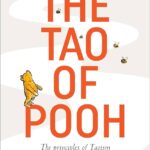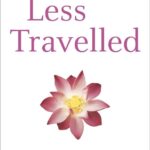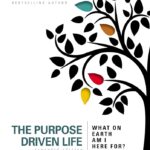Welcome to Thinkers Books, where we delve into the wisdom found in the world’s most transformative books. Today, we’re discussing a book that could revolutionise your health and offer a roadmap to a healthier, longer life – ‘How Not to Die’ by Dr. Michael Greger. Despite its grim title, it’s a beacon of hope, illuminating the path to well-being through diet and lifestyle changes.
Dr. Michael Greger is a renowned physician, author, and public health advocate. In ‘How Not to Die’, he provides an eye-opening guide that reveals how embracing a plant-based diet can protect us from many disease-related deaths.
The book unravels the leading causes of premature death, such as heart disease, cancers, diabetes, high blood pressure, and more. It then provides evidence-backed insights on how specific dietary changes can significantly lower these risks. Greger’s approach goes beyond simply listing what foods to avoid; he explains why making these healthier choices can transform our health.
‘How Not to Die’ is split into two parts. The first delves into various diseases and the role diet plays in them. The second introduces the ‘Daily Dozen’, a guideline for healthy eating. Greger doesn’t merely instruct on what to eat; he provides the reasons behind these recommendations, all supported by scientific research.
Here are my top five learnings from ‘How Not to Die’:
- Whole Foods Plant-Based Diet: One of the most significant insights from this book is the profound impact our diet can have on our health. Dr. Greger strongly advocates for a whole foods plant-based diet, basing our meals around fruits, vegetables, legumes, and whole grains. These foods are rich in essential nutrients, fibre, and antioxidants that help protect our bodies from diseases. They are also lower in unhealthy fats and calories than animal-based and processed foods.
- Daily Dozen: Dr. Greger introduces the concept of ‘Daily Dozen’, a checklist of foods we should aim to consume daily. This includes beans, berries, other fruits, cruciferous vegetables (like broccoli and cauliflower), greens, other vegetables, flaxseeds, nuts and seeds, spices, whole grains, beverages (like water and tea), and exercise. Following this checklist can ensure we gain a variety of nutrients that support overall health and well-being.
- Importance of Exercise: Regular physical activity is crucial for maintaining good health. It improves cardiovascular health, boosts mood, helps manage weight, strengthens bones and muscles, and enhances the overall quality of life. Dr. Greger advises us to make exercise a daily habit, like eating healthily.
- Avoidance of Processed Foods: Processed foods often contain unhealthy fats, added sugars, sodium, and artificial additives while lacking nutrients and fibre. Dr. Greger advises us to minimise our intake of these foods as they can lead to weight gain and increase our risk of various health problems like heart disease, type 2 diabetes, and certain types of cancer.
- Knowledge is Power: Understanding the impact of our food choices on health can empower us to make better decisions. Dr. Greger equips us with scientific evidence and practical tips to navigate the world of nutrition. He emphasises that it’s not about following a strict diet or achieving perfection but about making gradual changes that add up over time.
Its reliance on science sets ‘How Not to Die’ apart. Greger supports his assertions with rigorous research, making it a trusted guide. It transcends being a mere diet book to becoming a manual for understanding the intricate relationship between our diet and health.
On a personal note, this book was a revelation. It made me reflect on my dietary habits and their impact on my health. Since reading it, I’ve integrated many of Greger’s suggestions into my lifestyle, and the results have been profoundly positive.
As we conclude our exploration of ‘How Not to Die’, I encourage you to share your thoughts and experiences related to this remarkable book. Your perspectives enrich our collective learning journey and inspire others on their paths to personal development.
Remember to visit Thinkers Books for more insightful summaries of the world’s most excellent books. To quote Tony Robbins, ‘The only impossible journey is the one you never begin.’ So, let’s embark on this journey towards robust health together. Remember, it’s about progress, not perfection. Until our next book adventure, keep thinking and keep reading!

